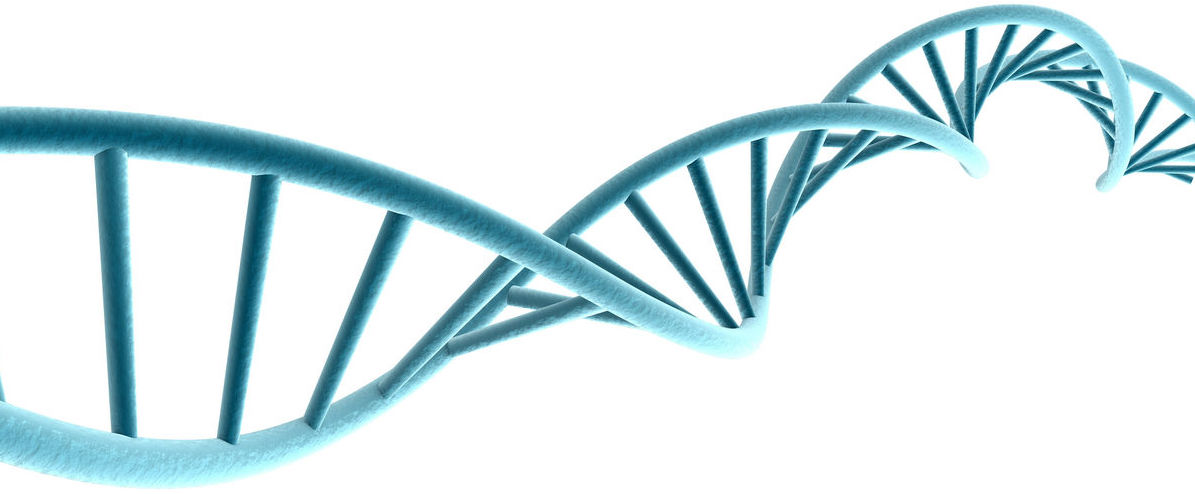
During an in vitro fertilization (IVF) cycle, cells from an embryo (a fertilized egg) can be carefully removed and their genetic material can be analyzed before an embryo is transferred to the uterus. This is called Preimplantation Genetic Testing (PGT). PGT can assist you and your care team to select embryos with a reduced risk of a specific genetic condition or chromosome abnormality. Testing can be tailored based on your personal and family history. This technology can be incorporated into your IVF care plan to improve successful outcomes.
There are different types of PGT depending on what genetic factor you are testing for:
PGT for aneuploidy (PGT-A), previously called PGS, determines whether there are chromosomal abnormalities in embryos. Most embryos with chromosomal abnormalities will not lead to a viable pregnancy due to early loss; however, this is not always the case. Extra or missing chromosomes may result in a variety of health and developmental concerns, including congenital anomalies, growth restriction, intellectual disabilities and early demise. All women will have some eggs that are chromosomally abnormal. All men will have some sperm that are chromosomally abnormal. The percentage of embryos that are abnormal is affected by many factors, including the age and health history of the parents.
Several reasons why patients may consider PGT-A include:
- Women 35-37 years of age or older
- Prior failed IVF without explanation
- Prior pregnancy affected by a chromosome abnormality
- Desire to select the healthiest embryo for a single embryo transfer
- Desire to identify and freeze chromosomally normal embryos for fertility preservation and future pregnancy
Most of our PGT-A testing is through Ovation. For more information, please review their brochure.
PGT for monogenic disorders (PGT-M), previously called PGD, is an option when there is an increased risk for offspring to inherit a serious genetic condition when the genetic cause (mutation) is known. This risk may have been discovered through preconception carrier screening or because one partner or a family member has a known genetic diagnosis. While PGT-M has been performed successfully for a wide variety of genetic conditions over the years, the availability of PGT-M depends on the specific disease and gene(s) involved as well as verification that current technology can reliably assess the embryos. Each PGT-M test is specially developed for each individual.
Some examples of conditions PGT-M has been performed for include: cystic fibrosis, muscular dystrophy, inherited cancer syndromes (e.g. BRCA, Lynch, Li-Fraumeni, FAP), Huntington disease, neurofibromatosis, hereditary ataxias, inborn errors of metabolism, and HLA-matching.
Non-disclosure PGT-M may be an option for individuals at-risk of being affected by a late-onset disorder (e.g. Huntington disease, Spinocerebellar ataxia) who do not wish to learn their own genetic status, but would like to ensure that their children do not inherit this disease.
PGT for inherited structural rearrangements (PGT-SR) is available for most individuals who carry a balanced translocation or inversion that was identified through a karyotype test. PGT-SR identifies embryos with the correct amount of genetic material (balanced/normal) and those that have extra or missing genetic material as a result of the parental rearrangement.
Whether you are considering PGT-A, PGT-M or both, it is important to understand the potential benefits, risks and limitations of these tests. Reviewing this information with a genetic counselor is a valuable/helpful step toward making an informed decision on what is best for your family.
Our Practice
Our Practice
The Fertility Center
3230 Eagle Park Drive NE, Suite 100
Grand Rapids, MI 49525
SCHEDULE AN APPOINTMENT
877-904-4483, ext. 122 scheduling@mrivf.com
Latest Post
May Family
We began trying for a family and after a year with no luck, we were referred to The Fertility Center. I was so nervous for our first appointment, but left feeling at ease and ready to start treatment. Dr. Dodds was so personal, informative, patient and...
Locations
Grand Rapids
3230 Eagle Park Drive NE, Suite 100
Grand Rapids, MI 49525
toll-free: 877-904-4483
phone: 616-988-2229
fax: 616-988-2010
Kalamazoo
317 S. Drake Road, Suite B
Kalamazoo, MI 49009
toll-free: 877-500-1658
phone: 269-324-5100
fax: 269-324-5041
Mason
1100 S Cedar St
Suite B
Mason, MI 48854
toll-free: 877-904-4483
(Call our Grand Rapids office to schedule in Mason)

